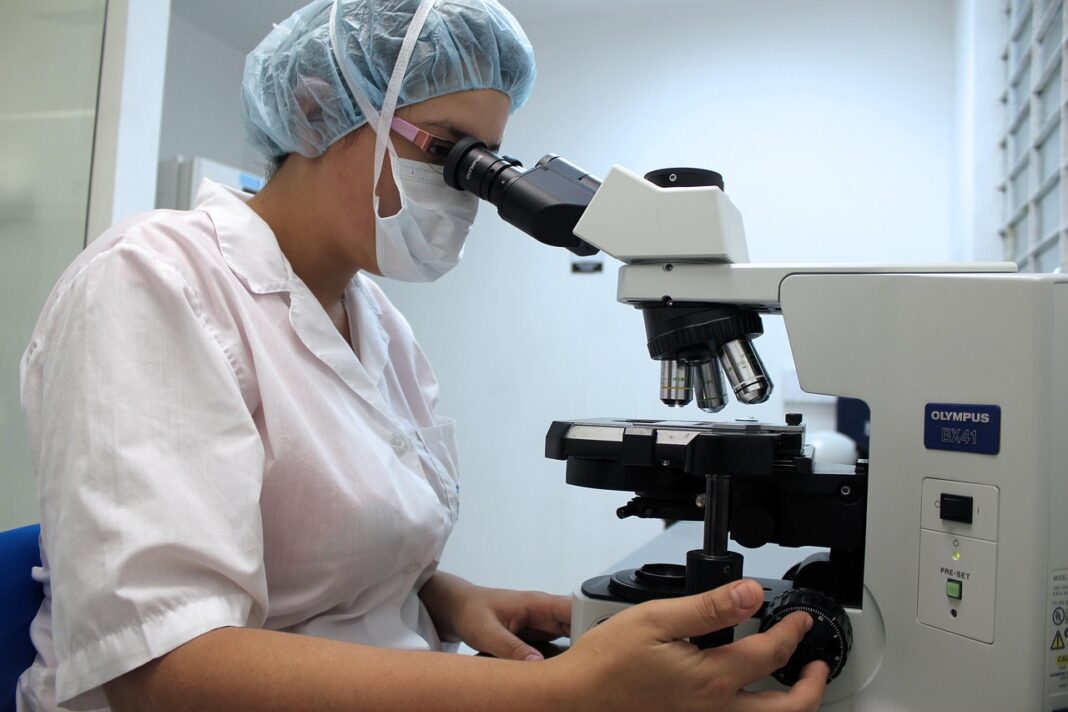As pet owners, we constantly seek the best ways to ensure our furry friends lead healthy lives. From regular vet check-ups to feeding them nutritious food, the quest for optimal pet health never stops. However, recent advancements in science, particularly in genetics, are setting the stage for a revolutionary approach to veterinary medicine. Enter CRISPR—a groundbreaking technology that is transforming how we understand and treat diseases in pets. Let’s delve into how CRISPR is changing the landscape of pet health care, covering causes, symptoms, diagnosis, treatment, and prevention.
What is CRISPR?
CRISPR, short for “Clustered Regularly Interspaced Short Palindromic Repeats,” is a powerful tool for editing genes. Developed from a natural defense mechanism in bacteria, CRISPR allows scientists to modify DNA with precision. This capability opens doors to various applications in veterinary medicine, ranging from treating genetic disorders to improving overall pet health.
Understanding Common Genetic Disorders in Pets
Causes of Genetic Disorders
Genetic disorders in pets can arise from various factors, including hereditary conditions, environmental influences, and breed-specific predispositions. For instance, certain dog breeds may be more prone to hip dysplasia or specific heart conditions due to their genetic makeup. Understanding these causes is crucial for pet owners when seeking preventive measures or treatments.
Symptoms to Watch For
Recognizing symptoms early can make a significant difference in your pet’s health outcomes. Symptoms of genetic disorders can vary widely but often include:
-
- Lethargy: A sudden decrease in energy levels.
-
- Abnormal swelling: Particularly in joints or the abdomen.
-
- Difficulty breathing: Labored or rapid breathing may indicate underlying issues.
-
- Unexplained weight loss: Losing weight without changes in diet or exercise is a red flag.
If you notice any of these signs, consult your veterinarian for a thorough evaluation.
The Role of CRISPR in Diagnosis
Advancements in Genetic Testing
One of the incredible applications of CRISPR technology is its use in genetic testing. Through CRISPR, veterinary scientists can identify genetic markers associated with hereditary diseases. Simple blood tests can now offer insights into your pet’s genetic makeup, helping veterinarians anticipate potential health issues before they arise.
Tailored Preventative Care
With knowledge of genetic predispositions, veterinarians can design tailored health plans for your pets. For example, if tests reveal a likelihood of hip dysplasia, your vet might recommend weight management, specific exercise routines, or supplements like glucosamine to support joint health.
Treating Genetic Disorders with CRISPR
Gene Therapy: A Game-Changer
One of the most exciting aspects of CRISPR in veterinary medicine is its potential for gene therapy. This revolutionary approach could allow scientists to directly correct genetic defects, effectively “fixing” the problem at its source. For instance, researchers are exploring CRISPR’s application in treating inherited conditions like muscular dystrophy in dogs, dramatically altering the prognosis for affected animals.
Case Studies in Action
Recent studies have shown promising results in using CRISPR on cats with specific genetic conditions like hypertrophic cardiomyopathy (HCM), a common heart disease. By editing the genes responsible for this condition, scientists aim to reduce the severity of symptoms and improve the quality of life for many cats.
Preventing Genetic Disorders
Responsible Breeding Practices
Responsibility in pet breeding significantly impacts the prevalence of genetic disorders. Selective breeding, aided by CRISPR technology, could help eliminate hereditary health problems within specific breeds. Ensure that your breeder conducts necessary genetic tests to ensure healthy lineages.
Regular Veterinary Check-Ups
Routine veterinary visits play a crucial role in your pet’s health. During these check-ups, your vet can identify potential genetic issues and recommend lifestyle adjustments or interventions. Keep an open dialogue with your veterinarian about your pet’s genetic testing and implications for their overall health strategy.
Lifestyle Factors
In addition to genetic factors, lifestyle plays a critical role in your pet’s health. A balanced diet, regular exercise, and mental stimulation can strengthen your pet’s immune system and lower the risk of developing health issues. Focus on providing high-quality nutrition and structured routines that promote active living.
Practical Tips for Pet Owners
-
- Educate Yourself: Stay informed about your pet’s breed-specific health concerns. Knowing what to watch for can help you act fast.
-
- Engage with Your Vet: Don’t hesitate to bring up genetic testing with your veterinarian. Understand the benefits, costs, and how it can influence your pet’s health.
-
- Nutrition Matters: Choose pet foods rich in nutrients and tailored to your pet’s age and size. Nutritional deficiencies can exacerbate genetic predispositions.
-
- Stay Active: Incorporate regular playtime and exercise into your pet’s daily routine. Physical health can help counteract some genetic risks.
-
- Continuous Learning: Keep up with the latest advancements in veterinary medicine, especially regarding genetic research. New findings could directly benefit your pet’s health.
By understanding the role of CRISPR in veterinary medicine, pet owners can now feel more empowered in managing their pets’ health. Through awareness, regular veterinary care, and lifestyle choices, we can look forward to a future where our furry companions receive the utmost care in their journey towards optimal health.





